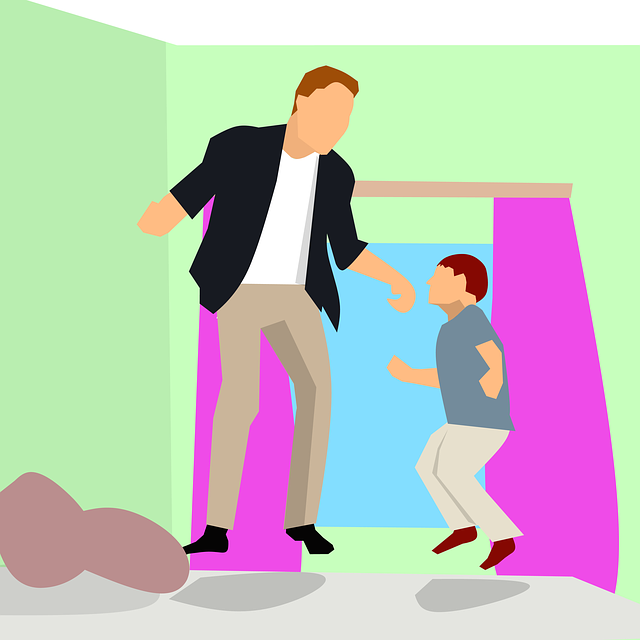We may well ask whether Putin himself is not also growing more isolated in Moscow. China and India are starting to distance themselves from Russia. If Russia had stormed to a quick, clear victory, they would have offered only half-hearted protests.
The Russian dilemma
Putin’s “special military operation” will go down in history as the perfect example of what not to do, especially if you are a despot whose position will be made particularly vulnerable by any military defeat. Putin wanted to bring Ukraine back into Moscow’s sphere of influence, hoping to reverse Kyiv’s increasingly close ties with the West that compromised its own authoritarian model. In other words, Ukrainians needed to become “Russian” again so that Russians did not start wanting to have free elections like Ukrainians.
Whether to abandon its imperial ambitions, or remain an imperial power was not even a question.
The reality is more complicated. This was brought home to me a few days ago in Paris at a dinner with Russian émigrés who had sought refuge in Latvia. For them Putin is the devil himself, a reincarnation of Stalin. And yet when the conversation turned to Ukraine, they took a more ambiguous stance: They believe the Kremlin’s official version of events that the retaking of Kherson is simply a “tactical retreat.”
For them “the Russian dilemma” — whether to become a “normal country” and abandon its imperial ambitions, or remain an imperial power — was not even a question. They cannot conceive of an identity that did not involve exerting control over others.
Why won’t Russia and Ukraine negotiate?
The Russian people’s attachment to their identity as an imperial power is both a strength and a weakness for Putin, and an obstacle on the road to negotiations. Zelensky’s demand that Russia agrees to re-establish the 1991 borders — drawn up when Ukraine became independent — makes Putin’s removal a necessary condition for restoring peace. What Russian leader could stay in power when he has “lost Crimea, if not Ukraine”?
But what Ukrainian leader could — after the immense sacrifices made and the remarkable victories won — be content with re-establishing the borders that existed before Feb. 24, 2022?
A compromise over territory, such as the partition model agreed to in Korea in 1953, is no longer acceptable to Kyiv. And a return to the borders of 1991 is not acceptable to Moscow.
Russia is not in the same situation as Nazi Germany in 1945, even if its behavior is in many way reminiscent of the Third Reich. Russia is a nuclear power, which Germany was not in 1945. And it can still count on support from China, even if this is waning.
It is wrong to claim that this war is not our war
If the time for negotiations is still far off, it is also true that the time for escalation has not yet come. Whoever fired the missile that hit Poland, it was “collateral damage”, not a deliberate provocation.
The difference between winning and not losing
Kyiv’s allies now have to face two realities. The first — by far the most crucial — is the importance of continuing to send aid to Ukraine, whatever it costs and however long it takes, and persisting with sanctions against Moscow. Stopping aid or easing sanctions would show that the West does not understand what is at stake in eastern Europe: the future of our continent, and therefore our own future, and that of the world.
We cannot accept a country — and a permanent member of the UN Security Council, no less — violating international law by seeking to change borders through military invasion. It is wrong to claim — as some are saying — that this war is not our war, and that by helping Ukraine, we are serving the interests of the United States.
The second reality that we must face means understanding the nature of those wielding power in Russia. We cannot seek to maintain at all costs a dialogue with Putin, a man who only understands shows of power. At the same time, we should not engage in the kind of anti-Russian cultural bolshevism shown by those who opposed the decision to have Mussorgsky’s opera Boris Godunov open the season at the Scala Theatre in Milan. This kind of arbitrary decree does nothing to help the Ukrainians’ cause.
How can we find a diplomatic compromise that would make Ukrainians feel they have “won”, while making Russians feel they have not “lost”? It seems to be an impossible task. In the meantime, faced with provocation after provocation from Russia, Ukraine and its allies must show resilience and stand strong.
From Your Site Articles
Related Articles Around the Web
